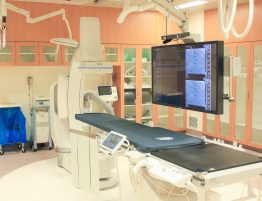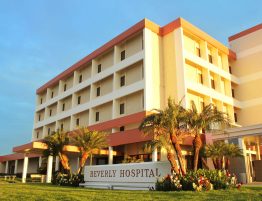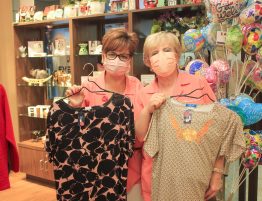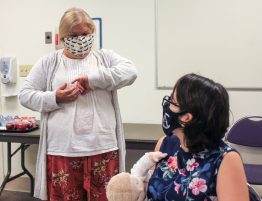
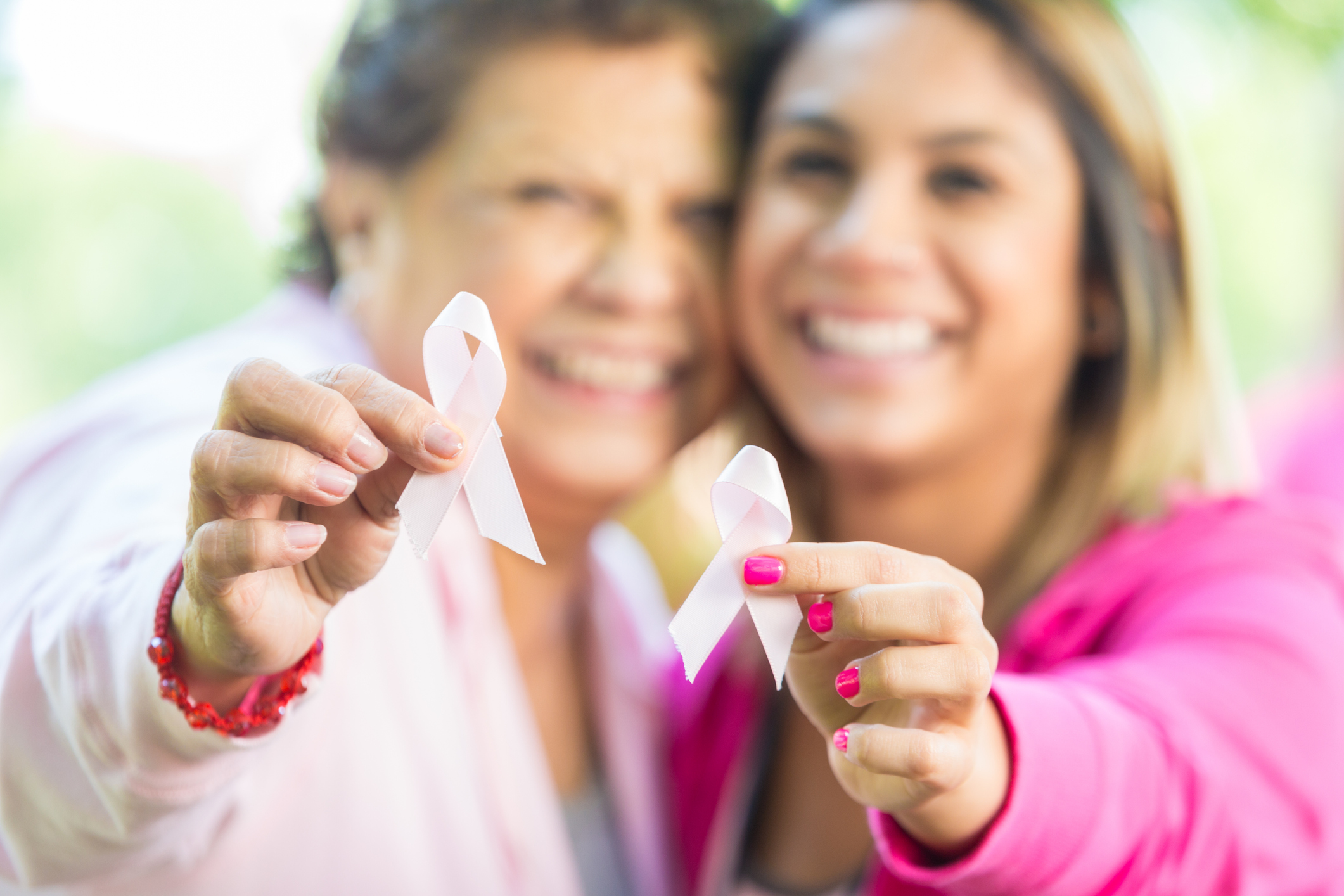
As of yet, there is no sure way to prevent breast cancer, the second leading cause of cancer deaths among women in the United States. According to the American Cancer Society (ACS), approximately 1 in 8 women will be diagnosed with invasive breast cancer in their lifetime. In 2019, it was estimated that 268,000 new cases of invasive cases will be diagnosed. Although these numbers are daunting, there are clear steps women can take to reduce their risk. In honor of Breast Cancer Awareness Month, this is the ideal time to be reminded about the importance of mammograms and reducing the risk of breast cancer.
“Breast cancer screenings have shown to reduce death not only by detecting the cancer early on but also by detecting the precancerous lesions (i.e. such as in the cells that line the milk ducts of the breast) that lead to breast cancer,” said Dr. Ravin Rupani, Oncologist at Beverly Hospital,” Once detected, we can provide treatment to prevent them from becoming cancer.”
One key safeguard is for women to maintain a healthy weight, especially in midlife and later. After menopause, most of the estrogen, a hormone, in a woman’s body comes from fat cells. Estrogen can spur the growth of many breast tumors, and being overweight or obese can raise breast cancer risk. Women may be especially vulnerable to breast cancer if extra pounds settle on their waist, rather than their hips and thighs.
These steps may help women reduce their risk for breast cancer:
- Avoid alcohol. Drinking alcohol can increase your risk of breast cancer as alcohol can raise estrogen levels in the body. Cutting out or reducing the amount of alcohol you drink will reduce the risk of breast cancer.
- Be active. A growing body of research indicates that exercise lowers breast cancer risk. Aim for 150 minutes of moderate-intensity or 75 minutes of vigorous-intensity activity each week.
- Know the risks of hormone therapy.There are risks and benefits of taking hormone therapy. Hormone therapy that uses both estrogen and progesterone can increase breast cancer risk. The short-term use of estrogen alone after menopause does not seem to raise the risk of developing breast cancer, but only women without a uterus may take estrogen alone. If a woman and her doctor agree that hormone therapy is necessary to ease menopausal symptoms, such as hot flashes, it is best to take the lowest effective dose for the shortest possible time.
Early Detection Is Key
Since breast cancer can develop even with these precautions, the ACS advises women at average risk of breast cancer to have mammograms starting at age 45. Regular mammograms (breast x-rays) can detect cancer in its early stages and give women a head start on potentially lifesaving treatment. If you have a heightened risk of breast cancer, ask your doctor if you need additional screening tests, such as an MRI scan.
During this COVID pandemic, it is understandable that women may be delaying screenings due to concerns of contracting the virus. However, health professionals urge women to not delay health screenings such as mammograms as this may delay early detection.
“Given the proven power of early detection of breast cancer and mammogram can finds cancers years before you or your physician can feel them, it is of the utmost importance to have your annual screening mammogram every year,” said Dr. Rupani.
If you or a loved one need a mammogram, schedule an appointment with the Women’s Pavilion and Breast Center. The center offers an array of outpatient services designed exclusively for women and takes patient safety seriously. Skilled female technicians administer exams using the latest technology while results are reviewed by our staff radiologists and reported quickly.
Request An Appointment
(323) 725-5017
Source: American Cancer Society

